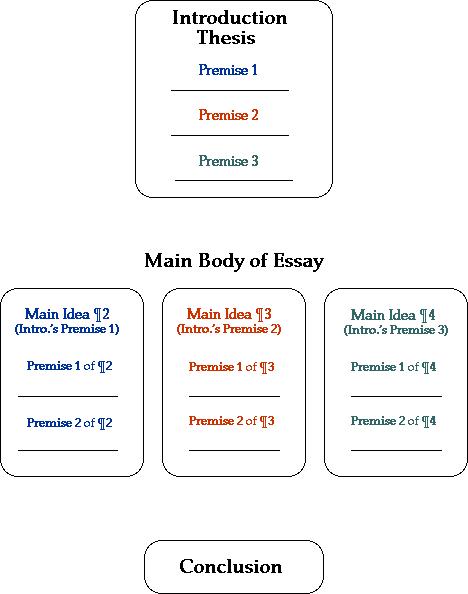On the flight home from NCTE I had a long time to think about what I learned there, the trends I noticed, and what I want to put into practice right away...5 whole hours awake on a red-eye can be great for reflection.
My top 5 moments from NCTE:
1. Presenting with
Melissa. It was wonderful to have a partner to share the journey with and who taught me so much about how to craft an effective presentation. I believe that people left our session having learned something new and useful.
 |
| Proof that we presented |
 |
| Our standing-room only crowd |
2. Listening to Sir Ken Robinson with thousands of other dedicated professionals. I was charmed by his sense of humor and reinvigorated by his call for sweeping changes in education that begin in each person's classroom.
3. Learning from my teaching heroes in an intimate setting. Though NCTE is a huge conference, the sessions are small and allow for a sharing of ideas. I was lucky enough to attend sessions with Ralph Fletcher, Georgia Heard, Laura Robb, Matt Glover, Ginny Lockwood, Kathy Collins, Stephanie Parsons, Donalyn Miller, and my new teaching heroes--Kristin Ackerman and Jennifer Mcdonough. Everywhere I turned I found inspiration. I also found comfort in the way these mentors presented their ideas--they are still forming them, toying with them, changing them.
 |
| Ralph Fletcher |
 |
| The Two Sisters! Joan and Gail sitting in front of me in Kristin and Jen's presentation |
 |
| The Nerdy Book Club session |
4. Listening to Natalie Merchant perform the poems-turned-songs from the collection
Leave Your Sleep. She reminded us all about the power of poetry for children (and adults!).
5. Being stopped by someone in a hallway in the conference center who said, "I loved your presentation yesterday." That brings me back to my first favorite moment...
My Top 5 Action Items:
- Find a few teachers who will try Biblionasium with their students to create stronger communities of readers. Thanks, Nerdy Book Club, for that idea.
- Urge all teams K-6 to plan at least one non-genre-specific writing workshop unit. Thanks, Matt Glover, for reminding me why that's important to kids.
- Find one classroom teacher who will allow me to try out Georgia Heard's poem-a-week model for poetry instruction (Tanya, if you are reading this...)
- Visit the DailyCafe website to follow Kristin and Jen's progress with their ISCORE writing concept and design lessons for our teachers. Their idea is fantastic--let's not compartmentalize the writing lessons we teach by genre. Let's teach kids that good writing is good writing, no matter what the genre. Good writing has Ideas, Structure, Conventions, One Focus, Real Voice, and Elaboration. Let's set up those concepts just as we do with the Daily 5 and Cafe menu.
- Work with Melissa on an in-house presentation on knocking down the classroom walls--how to use technology to broaden our students' writing and reading lives beyond the classroom.
My Top 5 Realizations and Reminders:
- Ralph Fletcher shared that he is rethinking mentor texts. (Wait, he wrote the book on mentor texts!) He is thinking that perhaps it is better to provide kids with examples of great writing and see what the kids find, rather than saying, "Kids, this piece uses excellent similes." He's rethinking his work with mentor texts to balance the teacher-directed and student-led noticings. I heard this idea in more than one session--this reminder that we should trust the kids to make their own discoveries, even if they aren't what we intended.
- Student choice continues to be at the center of student engagement and achievement. This choice is important in all areas of their day--what they read, what they write, what they discuss, and how they think. Ginny Lockwood demonstrated a mistake so many of us make when doing a read-aloud--directing the kids on how to feel about something in the book. Let's work on shutting up and letting the kids think!
- Teachers of reading and writing must be readers and writers themselves. I must work to encourage this with the teachers. Our kids must see that we build reading lives. And the only real way to name what they are struggling with as writers is if we are writers doing the work we ask our kids to do.
- When we catch ourselves saying, "These kids don't..." or "These kids can't..." then it's time for a gut-check. What are we doing to make kids BE school instead of DO school. It is our own fault when they ask questions like, "How long does this have to be?" or "When I'm done with this can I..." or when we say things like, "What I'm looking for is..." Kids came to school as joyful, creative creatures. There's nothing to blame but SCHOOL when kids lose that.
- 93% of a teacher's day is spent in isolation (from other adults)! When is the time for collaboration, deep reflection, and planning? How can we allow more time for the collaborative planning and reflecting side of teaching that is just as important as the time spent in the classroom with kids?










